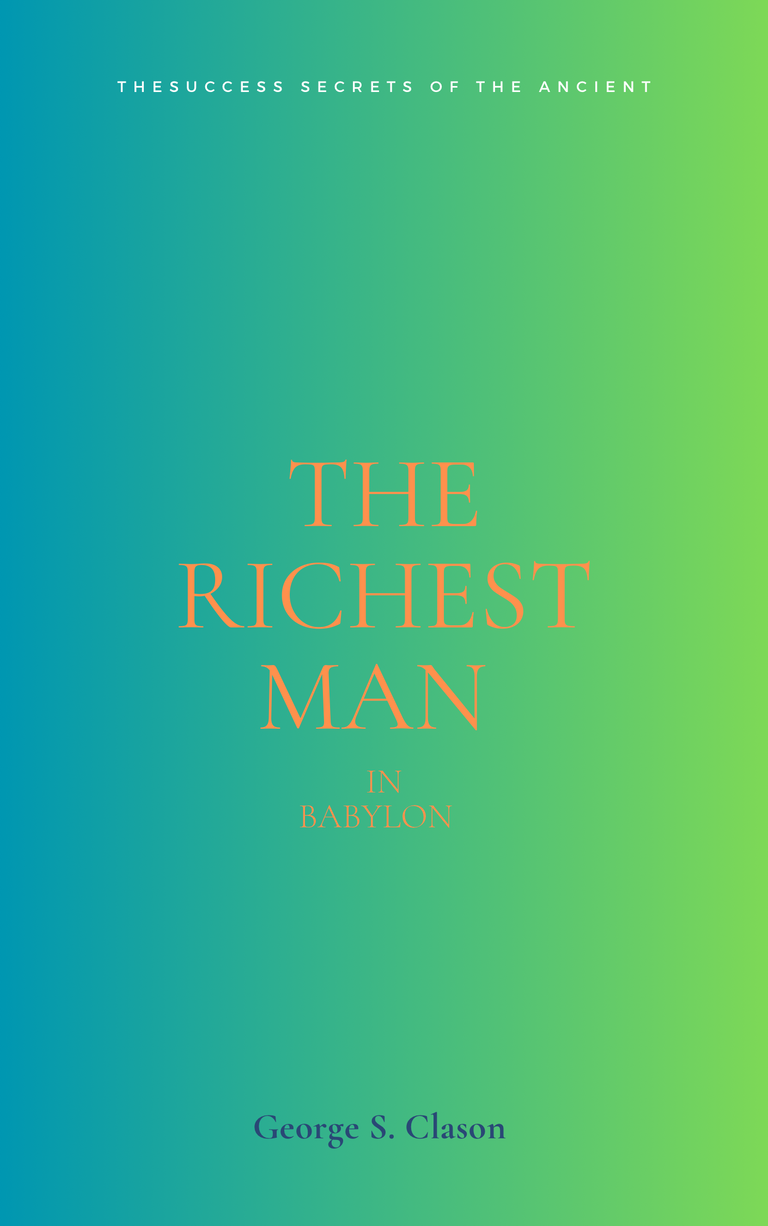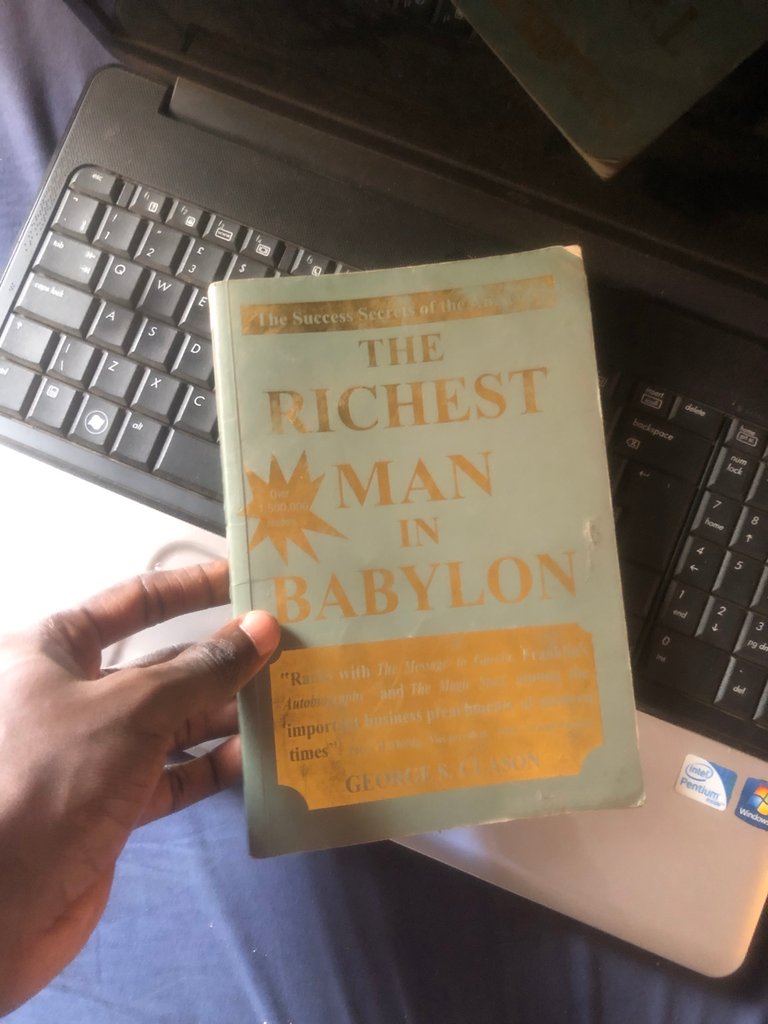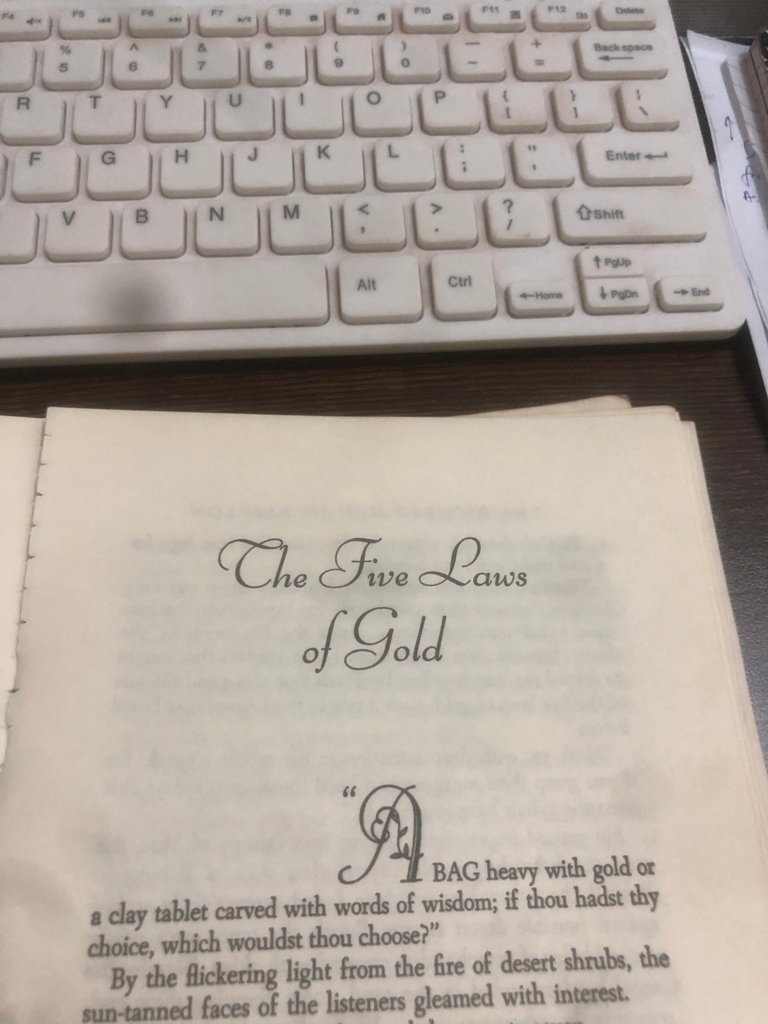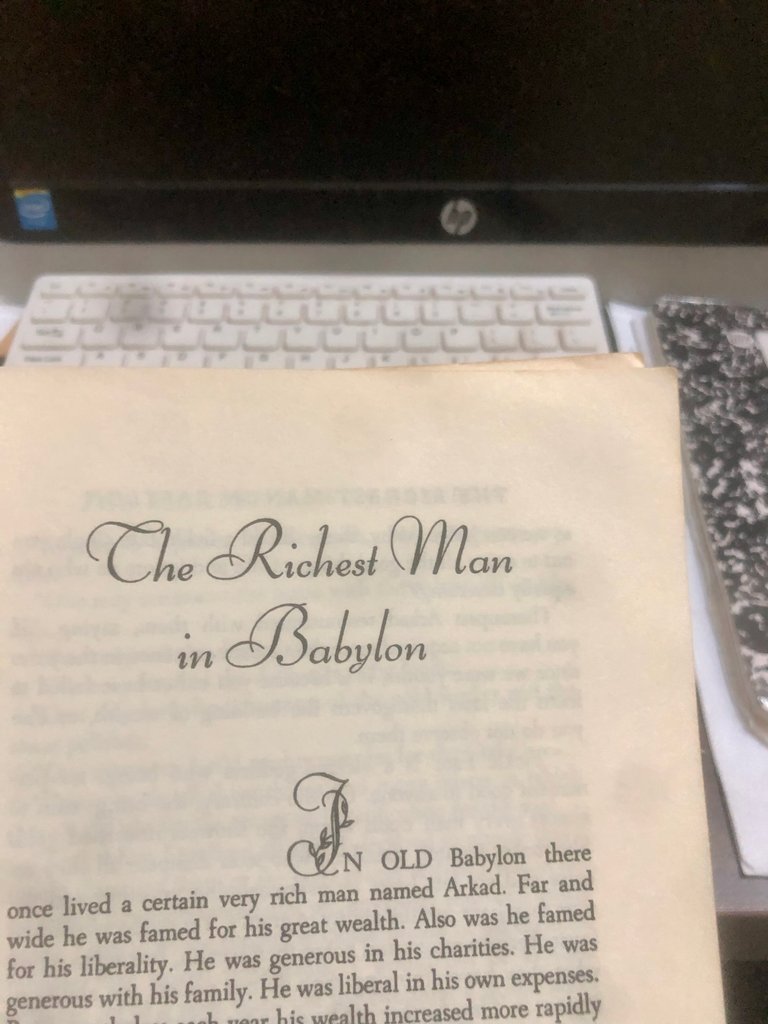
When a friend says reading is not a thing for him/her, I always wonder how can a person be so typical. Don’t you get tired of listening to stuff? How then do you have fun when you’re not in the mood to listen to anything? Don’t you know the premium joy in just flipping through pages and getting thrilled in the head? You guys are definitely missing out on a lot.
For me, the main reason why I read is to have fun and learn. I spend most of my time having fun. Be it in class, at home, or even at work, I’m always up to something fun. Even when I’m eating. And at any point in anywhere, you can see me make some random dance moves or throw some exciting lyrics out loud for a second. Whatever I do, I have fun with it, and I do it effortlessly.
That’s the same with the books I choose to read. 80 percent of my small book collection is made up of African novels. I enjoy reading about other African cultures, especially when a fictional story is molded out of an actual way of life of a certain tribe. My major interest is the history that is absorbed in the story. A good example is the cultural context of the Igbo people in Chinua Achebe’s “Things Fall Apart”. As you flip through the pages, you find so many settings and scenarios that you are very much familiar with and can relate to. You may even get carried away so much that you forget your mind is actually teleported into an abstract world of someone’s imagination. The feeling is so fantastic.
However, there are some times that you buy a book not to get thrilled by the story, but actually to understand how certain things work. To learn something significant. At times, even such books turn out to be fun in some interesting ways.
A good example is Gorge Samuel Classon’s famous “Richest Man in Babylon”. This book is considered one of the earliest and most significant novels on financial literacy. And yet you would find out that it still tells the story of Arkad- the richest man in the wealthiest city in the world- in a very thrilling and entertaining way that makes the readers feel as though they were living in the time of the ancient civilization of Babylon.

I was fortunate enough to get a recommendation for this book from Robert Kiyosaki. Even though he didn’t directly recommend The Richest Man In Babylon, he mentioned the book in one of the chapters of his famous “Rich Dad Poor Dad” series. Which I considered an interesting endorsement. This further influenced me to buy “The Richest Man In Babylon” even before I was done reading Rich Dad Poor Dad.
These two books seem very similar in the topics of financial literacy. However, whilst Robert Kiyosaki talks more about the importance of investments and taking calculated risks, he doesn’t actually capture so much on the basics of how to start acquiring the necessary capital for those investments. He vividly objects to the act of saving. And whilst that may seem feasible in some parts of the world, it is actually impractical in where I come from where the minimum wage is less than $2 per day. It’s practically impossible to build wealth here without saving unless you’re a ritualist or a politician or a relative of any of these people.
However, if you read the “Five Laws of Gold” stated by George Clason in “The Richest Man In Babylon” the first law states that “ Gold cometh gladly and in increasing quantity to any man who will put by not less than one-tenth of his earnings to create an estate for his future and that of his family”

Contrary to the logic of Robert Kiyosaki, this law states that the first thing a man must do to accumulate a fortune is to first put aside not less than one-tenth of his entire earnings which he can then put into reasonable investments that’ll generate more passive income. This wisdom of George Clason is very much practical and can be effectively applied.
In the chapters that followed, he would then explain how to put into labor every penny that you cast aside to earn you more gold even as you sleep.
Another fascinating aspect of this book is the language. As I mentioned earlier, I’m a very fun-loving person. Reading about the principles of acquiring, keeping, and growing wealth is entertaining enough, but what is more thrilling is the choice of language. This book is written in the most ancient and archaic English language m. Making it seem as if one is reading from a prophet pouring the secrets of the wisdom of money into you.

The language is so fascinating that even after reading the book, instead of saying to your girlfriend “You have cheated on me, it’s over between us” you can serve the breakfast with more butter by saying “ Department from me ye daughter of Eve. For thou evil plots of infidelity has cometh to light and thy acts of false affection are no longer required by thee”. Isn’t that fun? Tell me
These are only a few reasons why this book this my all time favorite. I’ve read it a couple of times and it doesn’t ever get boring. Money is very ecential in our lives and livelihoods. Acquiring the wisdom of money is as important as acquiring money itself, especially if one plans on keeping and multiplying it. This book has been so impactful in my life as it has taught of the discipline of consistent saving and cutting my budget to live below my means.
I would not hesitate to recommend this book to anyone who’s interested in the wisdom of curing a lean purse and the principles of gold. Although there are mumerous literature on financial literacy, George Clason’s Richest Man In Babylon stands out as it teaches the practical foundamentsls of basic economics. .
I hope you enjoyed reading and perhaps you learned something. Thanks for sticking this long, I appreciate your time and please share me with in the comments section what your type of books are. Thank you.
I made the cover picture on canva.



